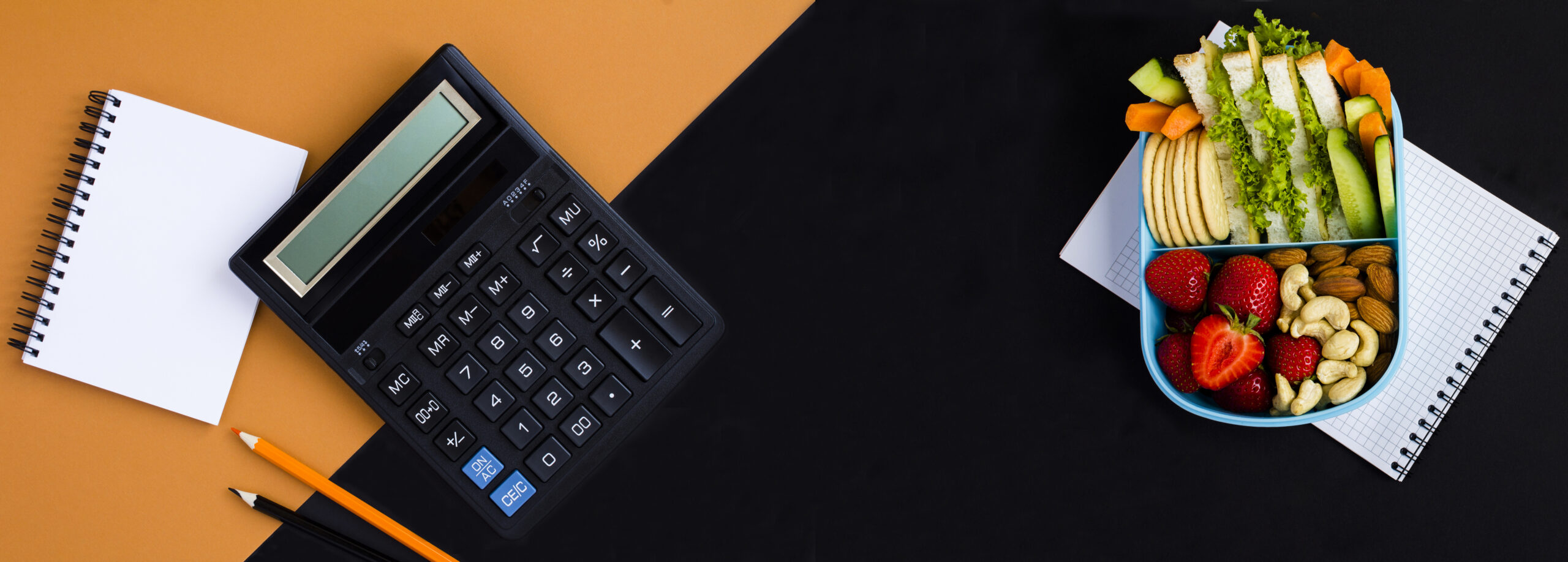
Healthy Eating on a Budget
There’s a common belief that eating healthy means spending more money — that fresh produce, whole grains, and lean proteins come with a hefty price tag. But with a bit of strategy and planning, it’s entirely possible to nourish your body without stretching your wallet.
Healthy eating on a budget isn’t about buying trendy superfoods or fancy supplements. It’s about making smart, simple choices that prioritize nutrition and minimize waste. Here’s how to make that happen, one meal at a time.
10 Smart Ways to Eat Healthy on a Budget
Here are ten straightforward tactics to help you enjoy healthier meals without overspending. Try a few of these each week to build habits that support both your health and your finances.
- Plan your meals: Start with a few meals for the week and create a shopping list based on what you already have and what’s on sale.
- Buy in bulk: Dry goods like oats, rice, beans, and lentils are usually cheaper per serving when purchased in large quantities.
- Cook at home more often: Restaurant meals and takeout can cost 2–3 times more than homemade versions.
- Shop seasonally: Produce that’s in season is fresher and more affordable. Visit local farmers markets for deals.
- Use leftovers creatively: Repurpose cooked ingredients into wraps, stir-fries, or salads to reduce waste.
- Embrace frozen and canned foods: These are often just as nutritious as fresh and last longer, saving you money over time.
- Limit packaged snacks: They’re often pricey and low in nutrients. Try making your own snack packs with fruit, nuts, or yogurt.
- Compare unit prices: Bigger isn’t always cheaper — check the cost per ounce or gram to find the best value.
- Prep meals in batches: Cooking in bulk reduces energy use and ensures you have healthy options ready to go.
- Freeze extras: Avoid waste by freezing leftovers or ingredients you won’t use immediately.
Why This Matters
Eating healthy isn’t just a health goal — it’s a form of self-care that should be available to everyone. Learning to do it on a budget makes it even more empowering. Here’s why these strategies matter:
- Improves nutrition access: You don’t need expensive ingredients to nourish your body well.
- Reduces stress: A clear meal plan and shopping list can take the pressure off daily decisions.
- Minimizes food waste: Smart planning helps you use what you buy, saving money and resources.
- Builds confidence: Preparing meals yourself helps you feel more in control of your health and spending.
- Promotes long-term success: Budget-friendly strategies are easier to stick with and adapt to over time.
Common Mistakes to Avoid
Even with the best intentions, a few missteps can make healthy eating feel harder or more expensive than it needs to be. Watch out for these common pitfalls:
- Buying perishable items in bulk: Unless you can freeze or use them quickly, this can lead to waste.
- Skipping meals: It often leads to overeating later or grabbing expensive convenience food.
- Shopping without a list: Wandering the store increases your chances of impulse buying.
- Relying on “healthy” processed foods: Prepackaged items can cost more and may not be as nutritious as whole food alternatives.
- Not checking your pantry first: Use what you already have before buying more of the same.
Tips for Different Lifestyles
Healthy eating on a budget isn’t one-size-fits-all. Here are a few ways to tailor these tips to different life situations:
- Busy parents: Batch-cook on weekends and prep grab-and-go breakfasts to save time and money.
- College students: Use dorm-friendly tools like a microwave or mini rice cooker for quick meals with basic staples.
- Working professionals: Bring leftovers for lunch to avoid eating out and plan dinners around easy, 15-minute recipes.
- Seniors: Consider shopping at stores that offer senior discounts and choose easy-to-chew, nutrient-rich foods like soups and soft grains.
Takeaway
Eating well doesn’t require a big budget — it just takes a thoughtful approach. With a little planning, creativity, and awareness, anyone can enjoy nutritious, satisfying meals without overspending. Start small, use what you have, and build from there. Your body — and your bank account — will thank you.